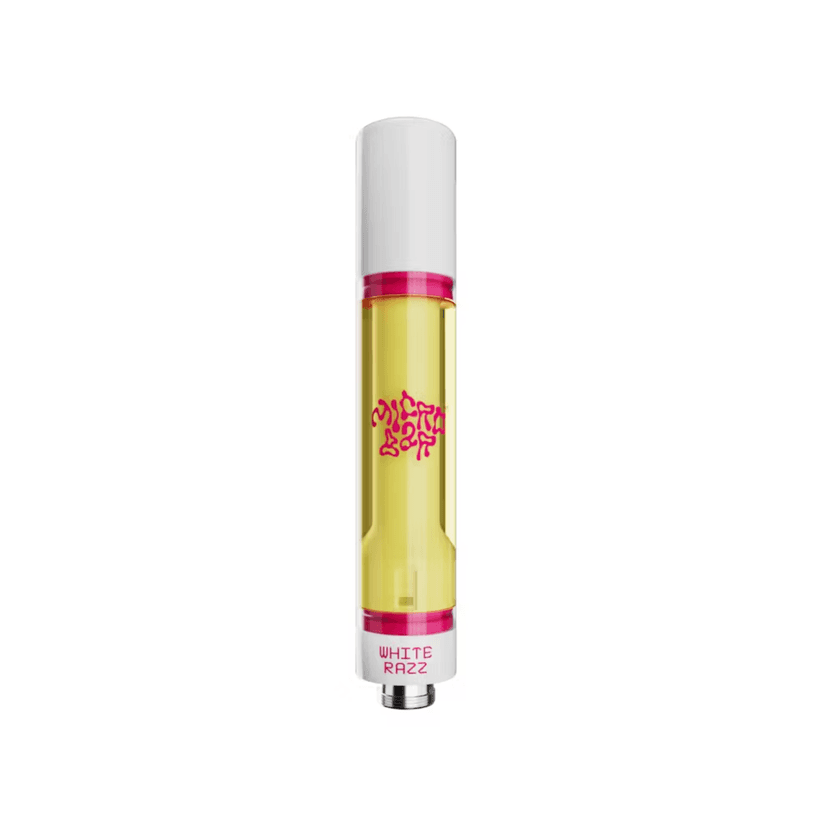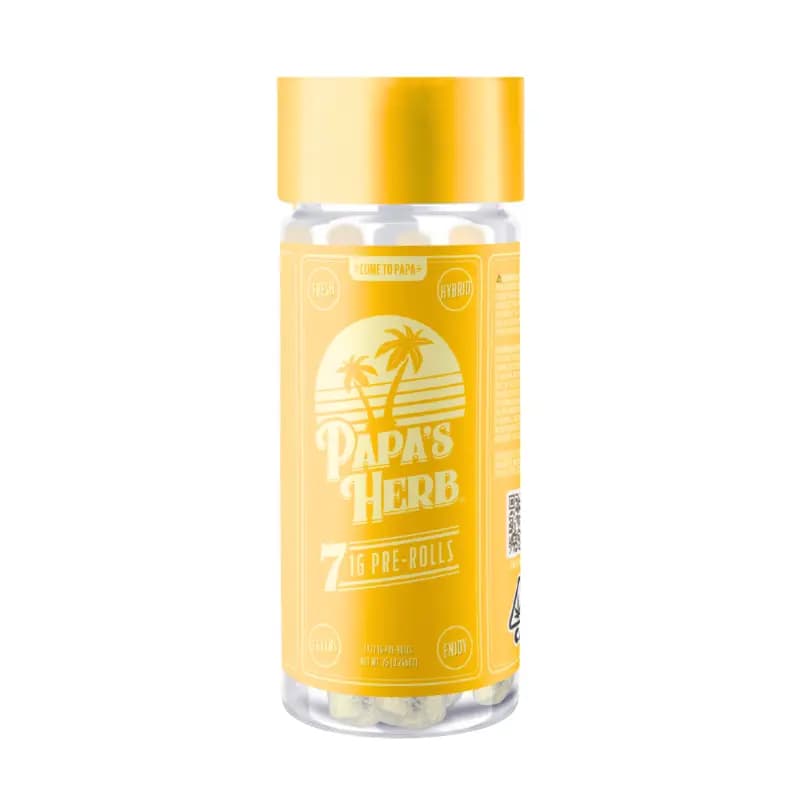Top reported effects
Top reported flavors
products near you

Micro Bar
White Razz Cartridge
Hybrid
Micro Bar
White Razz Cartridge
Hybrid

Punch Extracts
Strawberry White Chocolate Hash Malt Balls
Hybrid
Punch Extracts
Strawberry White Chocolate Hash Malt Balls
Hybrid

Heavy Hitters
White Widow Liquid Diamond Catridge
Hybrid
Heavy Hitters
White Widow Liquid Diamond Catridge
Hybrid

Papa's Herb
White Cherry OG Preroll pack 7g
Hybrid
Papa's Herb
White Cherry OG Preroll pack 7g
Hybrid

Micro Bar
White Razz All-In-One
Hybrid
Micro Bar
White Razz All-In-One
Hybrid
Heavy Hitters
Skywalker OG Cartridge
Hybrid
Heavy Hitters
Skywalker OG Cartridge
Hybrid
Known for its potency and invigorating effects, White Walker has carved out a distinct niche in the cannabis industry. Originating from a lineage of well-respected strains, White Walker boasts an impressive genetic profile that contributes to its unique characteristics and popularity.
In this blog, we'll take a deep dive into the White Walker strain - from how it came to be and its genetic composition, to how it's making waves in the cannabis market. We'll also explore why it's so popular and chat a bit about the potential perks and effects it brings to the table. Let's get started!
What is the THC Percentage of White Walker Strain?
White Walker kush is renowned for its high THC content, which typically ranges between 18% to 22%. However, in some instances, the average THC percentage can reach as high as 27%. This high THC content is part of what gives White Walker its potent and invigorating effects, making it a favorite among experienced cannabis users. As always, the actual THC content can vary based on growing conditions and cultivation techniques, so it's important to check the specific THC percentage on the product label when purchasing.
What is the CBD Percentage of White Walker Strain?
The CBD content of the White Walker kush strain is relatively low, generally hovering around 0.3% to 1%. This minimal CBD level is part of what contributes to the strain's potent effects, as higher THC levels tend to dominate the experience. However, despite the low CBD percentage, many users report that White Walker provides a balanced high, without the overwhelming effects that can sometimes accompany high-THC strains. Keep in mind that individual reactions to any cannabis product can vary, so it's important to start slowly and gauge your own personal response.
What Terpenes Are Found in White Walker Strain?
White Walker kush is notable for its distinct terpene profile comprised of myrcene, limonene, caryophyllene, and various other not-as-dominant terpenes.
- Myrcene: Present in large concentrations, myrcene is known for its earthy and musky notes, often likened to cloves. It is thought to promote relaxing effects.
- Caryophyllene: This terpene lends a spicy, peppery aroma to the mix. Caryophyllene is unique as it also functions as a cannabinoid, potentially offering anti-inflammatory benefits that may combat chronic pain and muscle spasms.
- Limonene: Known for its citrusy aroma, limonene can uplift mood, provide stress relief, and relieve anxiety.

